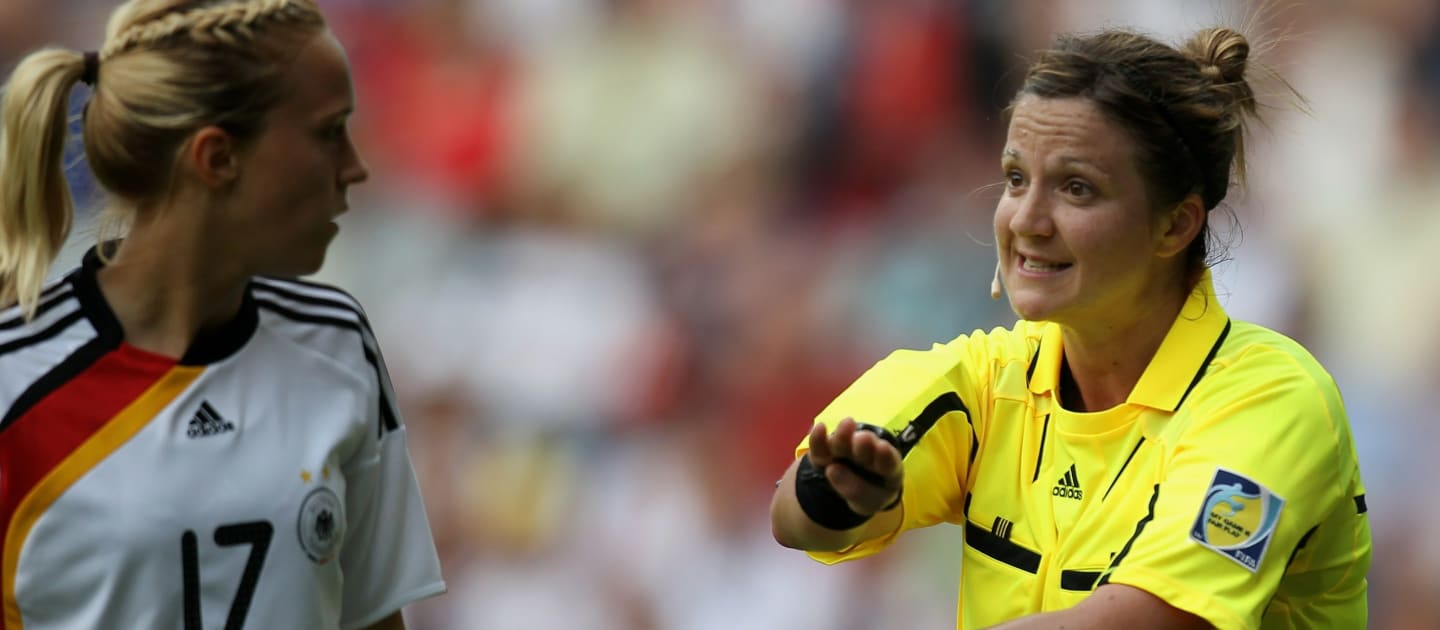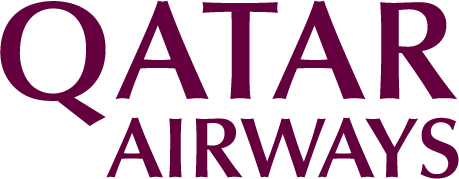- Carol Anne Chenard has officiated at the Olympics and FIFA Women’s World Cup
- Cancer caused Chenard to miss out on France 2019
- Chenard became a FIFA referee in 2006
- She was on the whistle for the first women’s international match played at London’s historic Wembley Stadium during the 2012 Olympics
MIAMI, Florida – After 15 years a FIFA international referee, Canadian Carol Anne Chenard has decided to retire from international soccer.
The Prince Edward Island native enjoyed a decorated career which included various achievements such as officiating at the 2011 and 2015 FIFA Women’s World Cups, the 2012 and 2016 Olympics and refereeing the FIFA Under-20 Women’s World Cup finals in 2010 and 2014.
Chenard was diagnosed with breast cancer in 2019 and was forced to miss the 2019 FIFA Women’s World Cup in France, yet was aiming for a return to the field in 2020. However, the challenges involved with the Covid-19 pandemic resulted in Chenard making the decision to step away from refereeing.
“When I missed France and was going through the treatment, the goal of returning to the field was really important to me. I didn’t know if it would be possible, but it was really a goal and it helped me get through some of the harder parts of treatment. I know that the referee’s life span is finite; I tried and trained really hard to get back in time for Tokyo [2020 Olympics]. With this postponement and with such little soccer being played in Canada, it just feels like the right time to make this step and find a new way to give back to soccer everything that it has given to me,” said Chenard in an exclusive interview with Concacaf.com.
Chenard noted that despite a few struggles, she is on the road to reaching full health.
“A year ago, I was going through chemotherapy and I have had a few setbacks since then, so I continue to undergo treatment and I am in the middle of treatment, but I feel really good. I am able to train along with the treatments that I am getting here and the follow-up has been really great. While I have not finished treatment yet, I feel like things are kind of back to normal, so I really can’t complain about where I am and how I’m feeling,” said Chenard.
For a woman who has been such an integral part of the game, it is no surprise to hear of the outreach she has received since announcing her retirement.
“It’s really humbling because all of these years I have been working and trying to be an example and enjoying all of the opportunities I have had where it’s been such a blessing and so enjoyable. Sometimes you don’t realize what an impact some of those achievements have had on other people: People that I worked with many years ago reaching out; young referees reaching out and talking to me about the impact that watching me on the biggest stage has had on their career has been really humbling. It is also touching to know that people recognize your career,” said Chenard.
The memories and highlights for Chenard are plenty, including being on the whistle for the first women’s international match played at London’s historic Wembley Stadium during the 2012 Olympics in front of over 72,000 spectators.
Yet when Chenard reflects back on all the memories, it is the little things that will always stay with her.
“For me, I’ll most miss everything that happens around the game. The interactions with the players, being on the field, whether it’s in a big stadium on the field with the best players doing something that I love. I know that I am not going to lose the friends and the people aspect, that I am still going to be involved. That camaraderie isn’t going anywhere. It’ll be the small things and routine and things you do on game day is what I’ll miss the most.
“It’s hard to sum up 15 years of refereeing in one memory. Wembley and the full stadium was a key point, but sometimes it’s just those small things like working with my crew and working through some struggles and then finding that a-ha moment that made things a lot smoother. There have been too many memories to narrow it down to one,” said Chenard.
Chenard became a FIFA referee in 2006 and is just the fourth Canadian to serve 15 or more years on the FIFA List of Referee and Assistant Referees, leaving a large legacy not just within Canada Soccer but all of Concacaf.
“Carol Anne represents everything a referee should represent. Professionalism. Dedication. Commitment. Preparation. Dynamic personality. Courage. Excellence. To name a few,” said Concacaf Director of Refereeing Brian Hall.
“The special thing about Carol Anne is that she is a better person off-the-field. She is a role model for what any referee or person should strive to be. Her on-field performances will be missed. But we are so excited that she has committed to helping advance our program as an instructor and assessor. Hence, her legacy will live on and the referees will benefit from her experience and relevance,” added Hall.
Chenard also expressed her gratitude to Hall and Concacaf for all of the support she received over the last 15 years.
“There are some things that referees cannot do alone and without the support of Concacaf, I could not have achieved the things that I did. The continuous push for our referees to be better, to pursue excellence and be the best referees in the world is really important. The fact that Concacaf has invested in camps with men and women together, that they have invested in technology, sports science to help our referees achieve really great things is really important. The continuing investment in referees that Concacaf has made and their dedication to support both men and women officials equally is really important,” concluded Chenard.




















